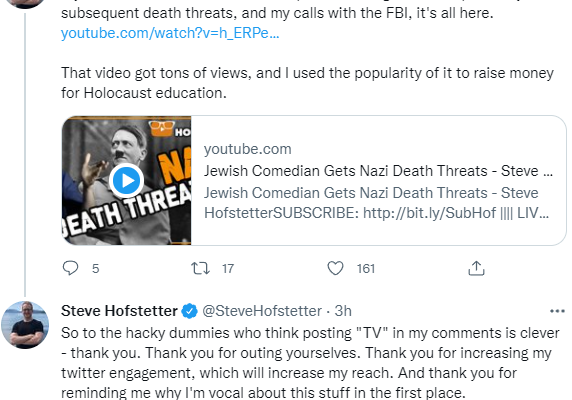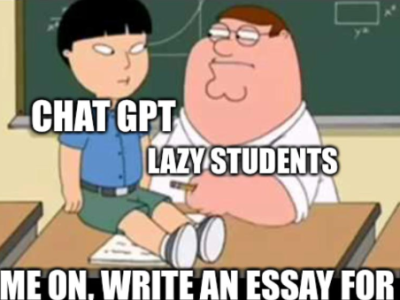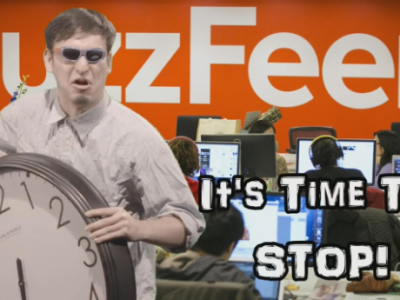We all knew this before Sanger said it, but having the site co-founder outright state this is great, and far more effective than a thousand hours of careful research into biases at Wikipedia.
Wikipedia’s “NPOV” is dead.1 The original policy long since forgotten, Wikipedia no longer has an effective neutrality policy. There is a rewritten policy, but it endorses the utterly bankrupt canard that journalists should avoid what they call “false balance.”2 The notion that we should avoid “false balance” is directly contradictory to the original neutrality policy. As a result, even as journalists turn to opinion and activism, Wikipedia now touts controversial points of view on politics, religion, and science. Here are some examples from each of these subjects, which were easy to find, no hunting around. Many, many more could be given
I’ll try to skip ahead to one short example he gives. You don’t need to read his articles, although they are interesting. The purpose of this is so you can chuckle at someone referencing Wikipedia as a source.
The way it’s supposed to work:
Fleshbot: “wikipedia says xyz, you fucking bigoted natzee.”
You: “omfg this guy, you know that their own cofounder thinks the site accuracy is a joke right? LMFAO.”

Never underestimate the crushing power of snark to an NPC. Absolutely crushes their souls.
Sanger continued…
Or to take an up-to-the-minute issue, the LGBT adoption article includes several talking points in favor of LGBT adoption rights, but omits any arguments against.
Excellent stuff. Although Sanger frames this as Cuckservative vs Liberal, we know it’s Globo Homo Schlomo vs The World. Even still, his framing doesn’t really matter. You don’t really need to memorize any details except that Wikipedia’s own co-founder thinks the site objectivity is a joke.
If you’re curious, here’s another article on his own website.
Larry Sanger, on Wikipedia accuracy for antifa/BLM riots.
As one gets farther into the article, however, the bias becomes much more pronounced. “A wave of monument removals”—an odd way to describe the deliberate, illegal destruction of public sculpture—”and name changes has taken place throughout the world, especially in the United States.”
But what about the reaction to the riots? It was a “cultural reckoning,” we are told. “Public opinion of racism and discrimination quickly shifted in the wake of the protests, with significantly increased support of the Black Lives Matter movement and acknowledgement of institutional racism.” It is true that there was an increase of support for BLM early on.
But support quickly dropped as the organization became associated with destructive violence in black neighborhoods, agitation against police funding, and radical communist views. Even by September of 2020, support had dropped 12% from 67% to 55%, in a Pew poll. The latter point can be found quite a long way down in the article, but it is not mentioned in the more important article introduction (which is all that most people will read), which says simply that BLM enjoyed “significantly increased support.” Also, BLM support later continued to drop to pre-riot levels. Even the New York Times, hardly a conservative mouthpiece, puzzlingly observes, “The data…contradicts the idea that the country underwent a racial reckoning.”
The rest of the article—which, I confess, I did not read entirely, as it is very long—looks like a lovingly detailed Establishment brief about the causes and events of the 2020 riots. As to the causes, one key claim is: “Black people, who account for less than 13% of the American population, are killed by police at a disproportionate rate, being killed at more than twice the rate of white people.”
While this is no doubt true, a relevant fact, often cited by Republicans, is omitted: black men are much more likely to commit crimes that might bring a call to the police. Hence, as one study put it, “We found no consistent evidence of racial bias in firearm draws.” Such information, which appears inconsistent with Democratic viewpoints on racial injustice of police, does not seem to be found in the article.
In other words, never take anything you read on Wikipedia, on any moderately contention issue, with the slightest shred of credulity.















Some unrelated tweets from Sanger I found amusing and infuriating.
Larry Sanger: “We naturally desire neutrality on political and many other topics because we want to be left free to make up our own minds”
Also Larry Singer: “All criticism of “Zionism” is suspect and needs to be proven not to be rooted in anti-semitism. Israel is not beyond criticism, but the fact that you begin by couching your attitude in terms of “Zionism” makes you sound like a bigot to me.”
Sanger in response to a video showing black women attacking east asian woman on a train in philly:
“I think black folks can be racist. Sure, well spotted. And do they sometimes beat up Asian and white and Jewish kids? Sure. But does it…*help*…to do post videos of that violence? How does it help? Does it do anyone any good? No, it further widens the racial divide”
Why not let people watch the videos and make up their own minds, Sanger? Of course it helps. People should see such videos.
Weirdly enough, Sanger vehmently denies being Jewish. He’s made numerous articles complaining about this assumption about his identity and claims to have no kosher heritage. Yeah, okay, bruh. Sure. Just like it makes total sense for Jimmy Wales, the progressive, to be virulently opposed to Jeremy Corbyn specifically due to his opposoition to Israel. It’s just a wild coincidence that these two men on opposing politics seemingly agree when it comes to this random country in the middle east.
What’s interesting from this starting point is to consider how the internet have evolved. People forget what search results use to be like. You would enter some sentence and try to be specific about what you were looking for and you’d find a wide array of websites you never once heard about before.
Now look at what you find. Just try anything. It’s all concentrated within a very few sites along with mainstream news websites that will bug you with a bunch of pop up asking you to accept cookies and pay for subscriptions and get notifications. Internet is garbage now compared to what it was in 2000 as far as finding information goes. There’s a lot more of it, but it’s all buried and repurposed within wikipedia external links. This is almost your exclusive way of finding out anything about anything.
You can test your search engine, it will shows you it find a lot of results. But go on, look… it’s pages after pages of the same links to the same sites. Mostly legacy media spam sites that are the most unreliable sources of information possible.
Now people are fawning at ChatGPT, where all it does is regurgitate the same exact information you’d find in their extremely curated internet. It wasn’t like that before, it accelerated to this point during COVID and they are hardly walking back any of it.